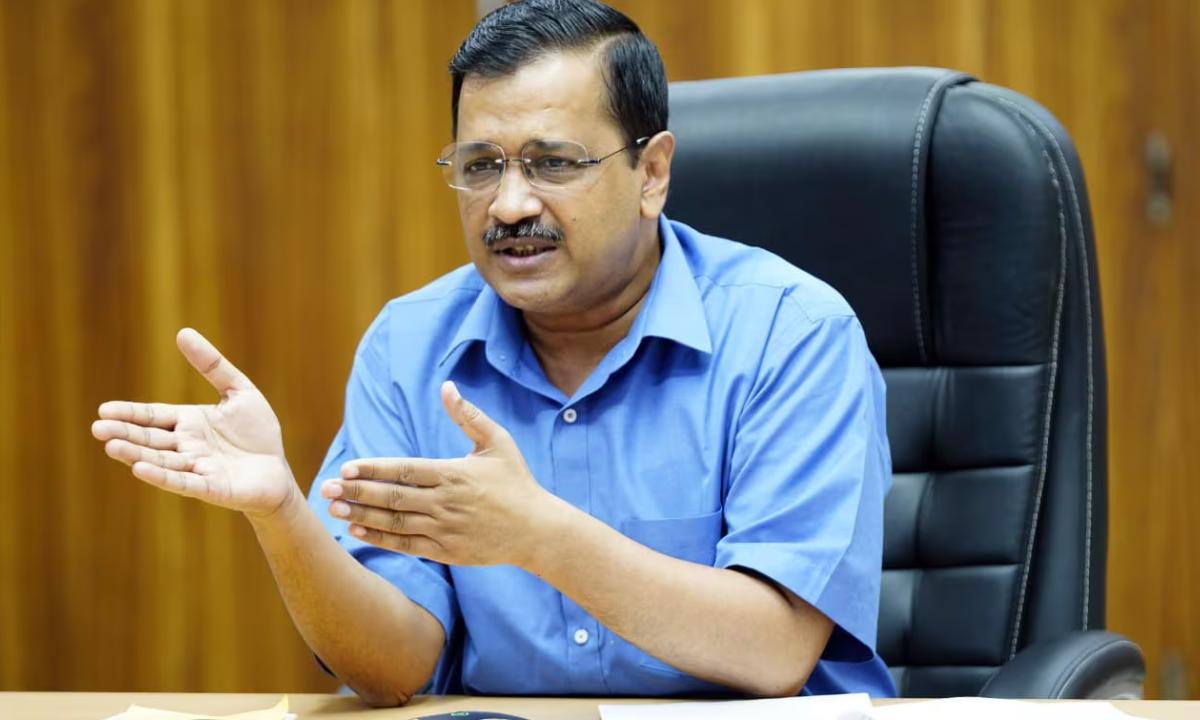The Supreme Court stated outright that it has not granted Delhi Chief Minister Arvind Kejriwal any sort of special permission to campaign in the Lok Sabha elections and that any form of "critical analysis of the judgement is welcome"

Delhi CM Arvind Kejriwal
At an important moment on Thursday, the Supreme Court stated outright that it has not granted Delhi Chief Minister Arvind Kejriwal any sort of special permission to campaign in the Lok Sabha elections and that any form of "critical analysis of the judgement is welcome".
According to a PTI report, a bench of Justices Sanjiv Khanna and Dipankar Datta refused to consider any claims and counters of both the Enforcement Directorate (ED) and Kejriwal's lawyer on statements made related to the interim bail to the Aam Aadmi Party national convenor. The bench declared that "we have not made any exception for anybody, we said in our order what we felt was justified" and that it was "welcome" that the judgment's criticisms be given due consideration.
Appearing for the ED, Solicitor General Tushar Mehta has vehemently objected to Kejriwal's speeches in poll rallies that if people voted for AAP, he would not be required to go back to prison on June 2."It is his assumption, that we cannot say anything," the bench told Mehta. A statement made by a senior Union minister, who was not named during the proceedings, was pointed out by advocate Abhishek Singhvi, who was appearing for Kejriwal.
The main argument Kejriwal made to avoid his imminent arrest was based on a money laundering case related to the alleged Delhi excise policy scheme. It is noteworthy that Kejriwal was given interim bail by the Supreme Court on May 10, giving him a little breathing room till June 2, when he was scheduled to return to jail. When Kejriwal was taken into custody on March 21, it caused a stir in the legal system and disrupted the AAP's electoral plans. As it goes on, the Supreme Court is unwavering in its commitment to maintaining the values of equality before the law and a fair and open legal system.
(With Inputs from PTI)
 Subscribe today by clicking the link and stay updated with the latest news!" Click here!
Subscribe today by clicking the link and stay updated with the latest news!" Click here!










